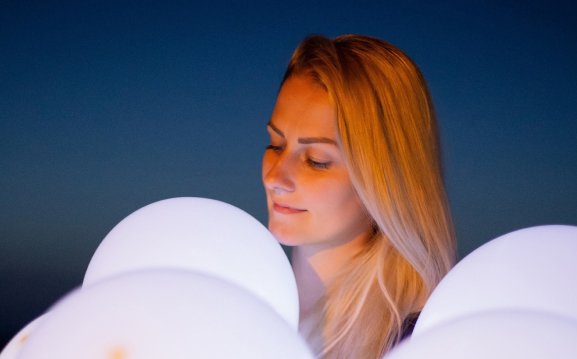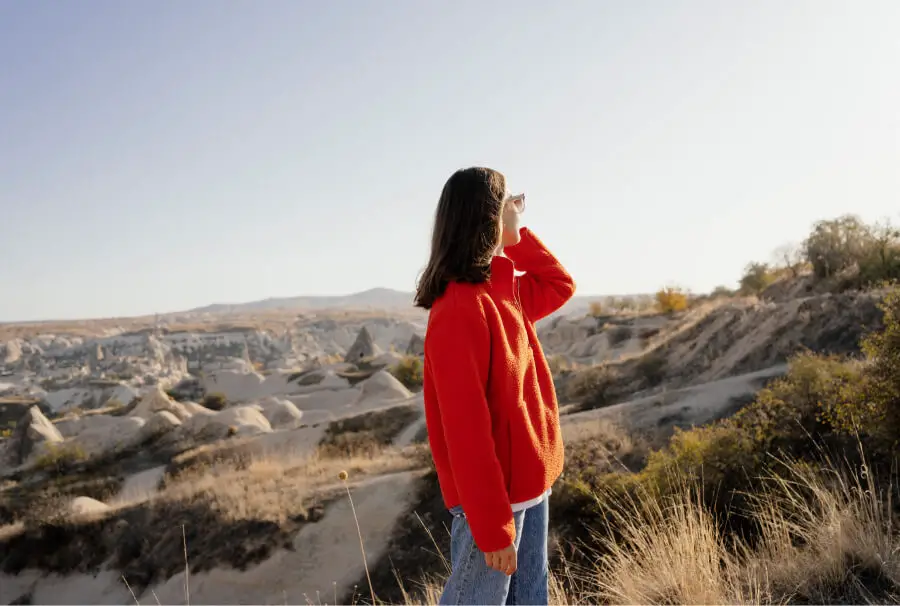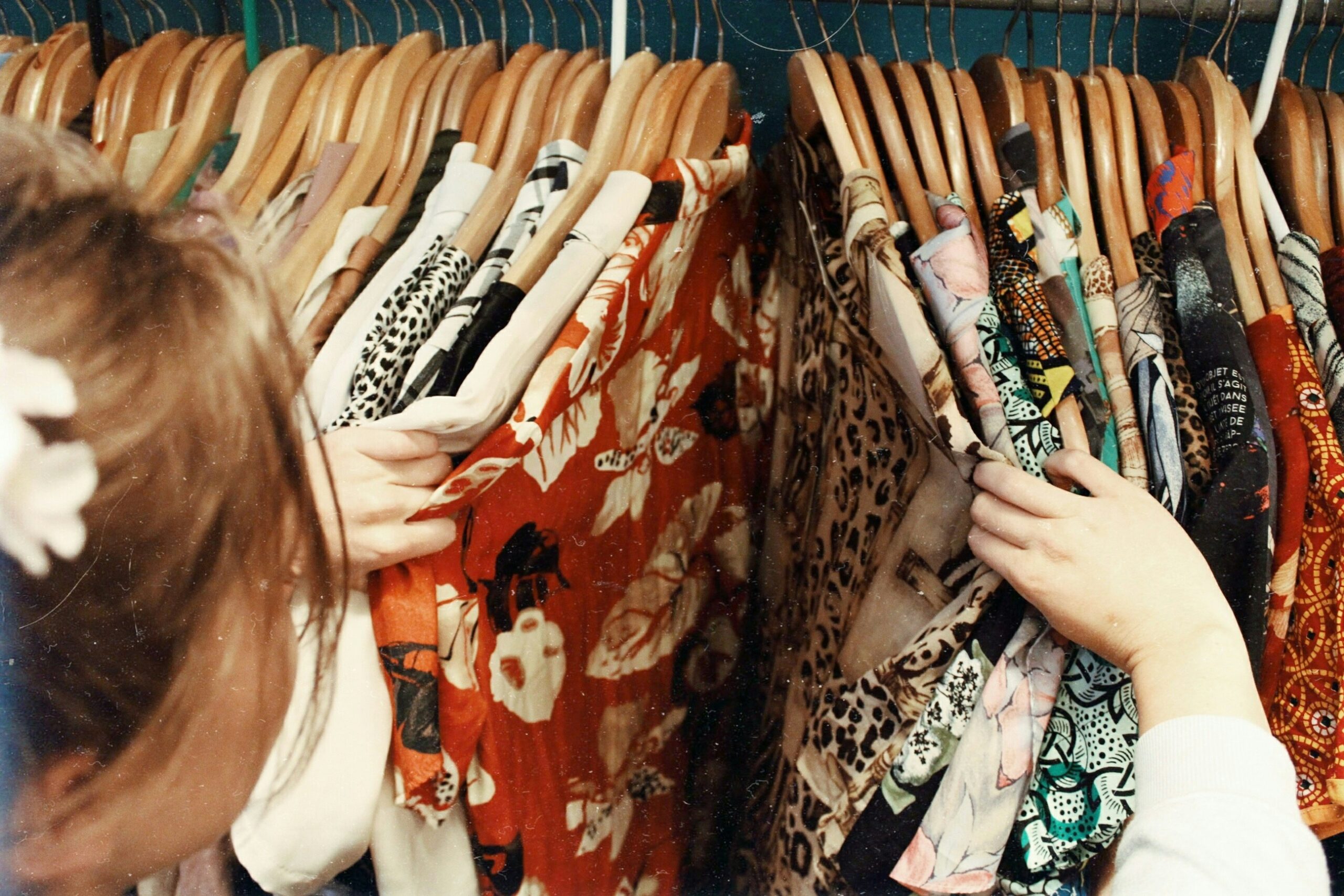Plus, the dosage of an edible is much trickier to get right. Some people can take 10 mg and feel nothing (literally); for others, that same dose can send them straight into a horror movie. Even when people think they know what they’re in for based on past experiences, they can be caught off guard. “We don’t always believe everything that’s printed on the label is reflected in the actual product,” says Dr. Gruber. “But more specifically, individual metabolism, genetic predispositions, your current [mental] state, [taking them] with or without alcohol—all of these things matter for your personal experience with cannabis.” Put simply, the amount that gives you a “good” high can change day to day.
Not everyone is equally susceptible to cannabis-induced anxiety. A 2009 study found that women, infrequent users, and those with anxiety disorder are at a higher risk. “For people who have a history of challenges with things like anxiety, depression, or a family history of psychosis, we really want to be mindful of exposing them to high levels of THC because it can be decidedly uncomfortable,” says Dr. Gruber. Some people—like Lexi, who has been diagnosed with depression—may be better off avoiding THC entirely. “I’ve tried a couple times since, but I almost immediately start to panic when the high hits,” she says. Dr. Rabin also warns that anyone diagnosed with personality disorders, psychotic disorders, schizophrenia, or bipolar disorder—and, it should go without saying, children— should avoid THC products.
For those who find themselves stuck in a cycle of anxiety after a bad edible experience, recovery can feel frustratingly slow. Unlike the acute effects of THC, which typically wear off within hours, the lingering psychological impact can last for weeks, months, or even years. “People get into these ruminative thought loops—like self-critical thought loops—and they get stuck there,” says Dr. Rabin. “If you don’t have that reassurance of a knowledgeable care provider, you may not have the support to help you break the cycle of that thought loop.” Remind yourself that your symptoms will fade, and avoid worrying that you’ve done permanent damage—you haven’t.
Your personal support system is also crucial. “When I first made the post in my very helpless state, someone commented, sharing their experience,” says Alan. “Before talking to him, I thought I had ruined my life, and, a couple of times, I was really considering ending it. He was finally the proof I needed that there is a light at the end of the tunnel and that recovery was possible. Looking back, that random Redditor likely saved my life.”
Even with research pointing to the anxiogenic effects of THC at higher doses, stories like Alan’s and Lexi’s can seem like outliers—until they don’t. The unpredictability of edibles, combined with personal factors like stress levels, sleep, or even what you ate that day, means that even seasoned users can be caught off guard. So how can people use cannabis in a way that minimizes the risk?
For many, cannabis can be enjoyable—even therapeutic—when used responsibly. “We always recommend people, especially if you’ve never taken cannabis before or not had a lot of experience with it, to start with CBD. Start with the nonpsychoactive cannabinoids and then trickle delta-9 THC in later at very low doses,” says Dr. Rabin. When you introduce THC, it should be at a one-to-one ratio of THC and CBD, he adds: “You don’t really need that much THC to get the benefits that most people are looking for.” (You can use this framework for cannabis use to slowly introduce yourself to THC.)








